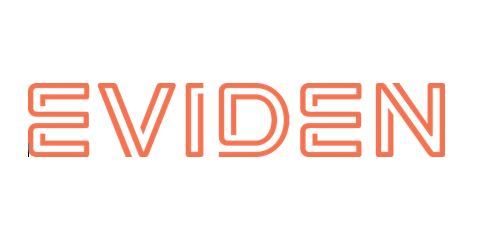WILMINGTON, Del., Dec. 13, 2022 — The Apache Cassandra Project has released 4.1 of Apache Cassandra, the open source distributed NoSQL database, charting a path to a more cloud native future and enabling an expanded ecosystem. The new release is part of Cassandra’s annual release schedule, and is designed to make the database both easier to use for end users and easier to onboard key development requests from the community.
“With an incredibly stable core that was delivered in 4.0, the project is now building on that milestone toward a more cloud native future,” said Mick Semb Wever, Apache Cassandra PMC member. “The latest release emphasizes externalizing important key functions into a pluggable interface, allowing developers to extend Cassandra without altering the stable core code. Organizations using Cassandra can be more selective how each combination of features is deployed and can add a layer of flexibility to future use cases that may not exist today. This includes storage engine choice, security components, schema and user management. Users of Cassandra will see the decoupled innovation in the ecosystem in the future without the need for a major release of the project.”
4.1 improvements for the Apache Cassandra ecosystem
- Pluggable persistent memory providers via new Memtable API
- Paxos v2 improves LWT transaction performance by 50%
- Pluggable external schema manager services
- SSLContext creation pluggable/extensible
For CQL developers
- Users can now group by time range
- Users can now use CONTAINS and CONTAINS KEY conditions in conditional update
- Users can now use IF EXISTS and IF NOT EXISTS in ALTER statements
For operators
- Configurable system level guardrails to guide users in scalable use of the database
- Partition denylisting tool for reducing the impact of overloaded partitions
- Improved syntax for cassandra.yaml
- Several new systems tables
- Monitoring of top partitions by size/tombstones
- Improvements to nodetool, backup and restore
For security posture
- Credentials file support to CQLSH
- Allow to grant permission for all tables in a keyspace
- Support for pre hashed passwords in CQL
- Add support for PEM based key material for SSL
“Apache Cassandra is open source technology at its best. It exceeds our database performance goals and is a critical database we are using for providing a seamless streaming experience to our customers worldwide,” said Vinay Chella, Senior Engineering Leader at Netflix. “Apache Cassandra is constantly improving. The optimization of the Paxos consensus protocol implementation means a 50% performance improvement for Lightweight Transactions (LWTs), which is what you would expect from a database with a reputation for performance.”
“Apache Cassandra is an indispensable part of our technology stack. Logate develops OpenProvider, a converged Authentication, Authorization, and Accounting (AAA) system which is absolutely business-critical for Telecoms that demand geo-redundant architectures with at least 99.99% availability. By using Apache Cassandra we have reached tens of thousands of transactions per second with multiple data center database clusters,” said Danilo Mišović, product lead, Logate. “Currently, in production, we have a mixture of 3.11.x and 4.0.x versions. A year ago we switched to version 4.0.x in order to have an even more stable and performant cluster. We will start using the 4.1 version with the first stable version.”
“What a difference a few years makes! I have many clients who are using Apache Cassandra without doubts about where it’s headed or worries about new features. With the successful release of 4.0 and now 4.1, I like the direction Cassandra is going,” said Gil Ganz, Expert Database Consultant whose clients include Taboola and Monday.com. “I look forward to using new 4.1 features like Guardrails, SSTables UUID, and Partition denylist to deliver a richer and more customizable experience to my customers. Apache Cassandra provides usable solutions to real problems, which is great for companies of all sizes.”
Apache Cassandra is in use at organizations of all sizes like Ably, Apple, Backblaze, Bloomberg Engineering, Flant, Home Depot, Instana, Liquibase, Netflix, Target, Yelp, and thousands of other companies that have large, active data sets. Cassandra 4.1 is the newest release after the project announced a shift to a yearly release cycle last year, with releases to be supported for a three-year term.



